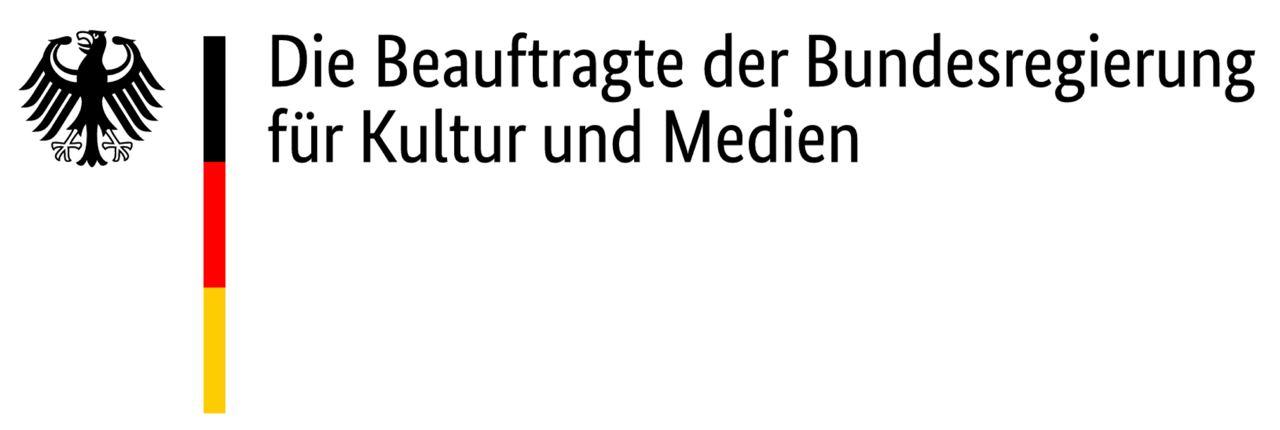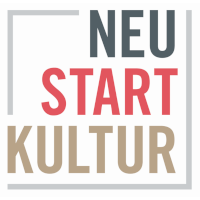SA. 26.01.13 DREIKOMMANULL MEETS FEENSTAUB
up: dreikommanull
SONJA MOONEAR (Perlon, Karat, Ruta5, Kalk Pets, Genf) KLEINSCHMAGER AUDIO (Dreikommanull, rrygular, Mo's Ferry, Leipzig) MENTELL (Dreikommanull, elipamanoke, Leipzig) NIKOLAS STERNBERG (Dreikommanull, Leipzig)
down: feenstaub
RE:SET (Mélange Orange & Hutch, Berlin) FEENSTAUB (Nu:Trance, Distillery, Leipzig)
SONJA MOONEAR (Perlon, Karat, Ruta5, Kalk Pets, Genf) KLEINSCHMAGER AUDIO (Dreikommanull, rrygular, Mo's Ferry, Leipzig) MENTELL (Dreikommanull, elipamanoke, Leipzig) NIKOLAS STERNBERG (Dreikommanull, Leipzig)
down: feenstaub
RE:SET (Mélange Orange & Hutch, Berlin) FEENSTAUB (Nu:Trance, Distillery, Leipzig)
Start: 23:00 | add to Cal
Dreikommanull mit Sonja Moonear
 Sonja Moonear hat sich auch seit ihrem Durchbruch im Jahr 2002 ihre bescheidene, natürliche Art bewahrt. Ob das an ihrem Schweizer Wesen liegt, an den Bergen, in denen sie aufwuchs? Wer weiß. Als Djane und Produzentin jedenfalls geht sie in die Vollen, steht für Ideenreichtum und das Gefühl für den Clubmoment. Sie spielt mit Magda, Ricardo Villalobos, Luciano oder Dandy Jack als Junction SM, leitet das Label Ruta5 und arbeitet als Sound Designerin für das Schweizer Fernsehen. Mehr über Sonja erfahrt Ihr in unserem Interview mit ihr – wie ist sie von der klassischen Musikausbildung zum Auflegen und Produzieren elektronischer Musik gekommen, wie enstehen ihre Tracks und warum hat sie sich mit ihrem Label Ruta5 dem Sound aus weniger hervorgehobenen Ländern in der Szene verschrieben?
Sonja Moonear hat sich auch seit ihrem Durchbruch im Jahr 2002 ihre bescheidene, natürliche Art bewahrt. Ob das an ihrem Schweizer Wesen liegt, an den Bergen, in denen sie aufwuchs? Wer weiß. Als Djane und Produzentin jedenfalls geht sie in die Vollen, steht für Ideenreichtum und das Gefühl für den Clubmoment. Sie spielt mit Magda, Ricardo Villalobos, Luciano oder Dandy Jack als Junction SM, leitet das Label Ruta5 und arbeitet als Sound Designerin für das Schweizer Fernsehen. Mehr über Sonja erfahrt Ihr in unserem Interview mit ihr – wie ist sie von der klassischen Musikausbildung zum Auflegen und Produzieren elektronischer Musik gekommen, wie enstehen ihre Tracks und warum hat sie sich mit ihrem Label Ruta5 dem Sound aus weniger hervorgehobenen Ländern in der Szene verschrieben?http://www.ruta5.org
http://soundcloud.com/moonear
The most interesting collaboration is the one with the audience – Ein Interview mit Sonja Moonear
What does music mean to you and how do you perceive it?
I've always enjoyed all kinds of music with my ears and my soul. I love to get loose to it and receive those spontaneous and diverse feelings it gives. Get driven or lost, but surely get surprised.
How did you get from your classical music education to electronic music?
My passion for electronic music drove me to the other side and I started to DJ quite soon and produce electronic music later. Next to this, I was still playing the piano and attending classes. No break was needed, because for me electronic or acoustic was not a necessary choice or an issue, both worlds are part of the same universal language, which is simply music. Later on, I realised I won't be able to keep up with both things together anymore due to a lack of time. I was attending terminal classes at Jacques Dalcroze's school in Geneva and I had to rehearse every single day to keep up a good level. At the same time I was already organising parties over the weekends and working during the week full time so at the end, I decided to put aside the piano for a while.
Your own label Ruta5 wants to focus more on the electronic music of less highlighted nationalities. Do you think that success in the electronic music scene depends on the nationality of the producer rather than on his skills and talent?
Success absolutely not, but originality absolutely yes. Don't get me wrong, we are not doing standard generalities here and this is only my little point of view: to me, it's a simple fact that when everybody lives in the same city, shares the same passion, studios, machines and software, there is a big risk that all output sounds quite the same. Adding to the fact that those people have much more opportunities to get their music spread around and released, we thought we are curious to hear what the others are doing.
What and who inspires you?
Nature, my family, what I see in the news everyday, this concert I've attended the other day or that new pair of shoes I just bought.
How does a Sonja Moonear-Track come to life?
It always starts with a little jam of two or three synchronised instruments - synths and rhythm machine - on basic sequences. Once I have something that keeps me grooving, I record some long loops of each of them, most of the time the melodies, basslines and noise parts. Percussions I do aside, afterwards. This is like a playground and I can spend ages doing this. Then I start to build up a story with it and arrange them in a track with other elements. Or not. Sometimes I just forget those ideas and do something else. Other times I find one of these loops again and start something totally new over it. The result o is great fun for me, but I barely finish a tune completely and the sound quality is often poor as I don't pay much attention to this in the first step.
What's your philosophy of work and what would you never do?
Trust your first feelings and believe in them. Don't sell your soul. The funny thing is that I never considered doing electronic music as a profession or job. So it keeps me free. I still keep my other profession so that I'm not tempted to loose my way.
What was so most interesting collaboration so far for you?
In the end, since I'm more a DJ than anything else, the most interesting collaboration is the one with the audience in a club. Everytime it’s a different one and a great exchange of energy. Without this collaboration, it's soulless.
In which country and place in the world would you still like to play?- I'm always interested to go to new places. But the nice thing in our community is that we can find the same music language nearly all over the planet. It's a simple language, and as long as people are curious and open-minded I think we can do something together. What is sure is that I really don't fit in big rooms, all over the universe.
What do you plan for the future in music? Are there any unfulfilled dreams?
I don't really plan things here. I prefer to keep everything open for spontaneous ideas and surprises. But at the moment I dream to spend a bit more time in the studio.
SATURDAY RAVE FRIDAYCLUB SPECIALS
| |||||||||||||||||||||||||||||||||||||||||||||||||||||||||||||||||||||||||||||||||||||||||||||||||||||
DISTILLERY | EGGEBRECHTSTRAßE 2 | 04103 LEIPZIG
2001-2024 Distillery | Impressum | Disclaimer | made with <3 °°



